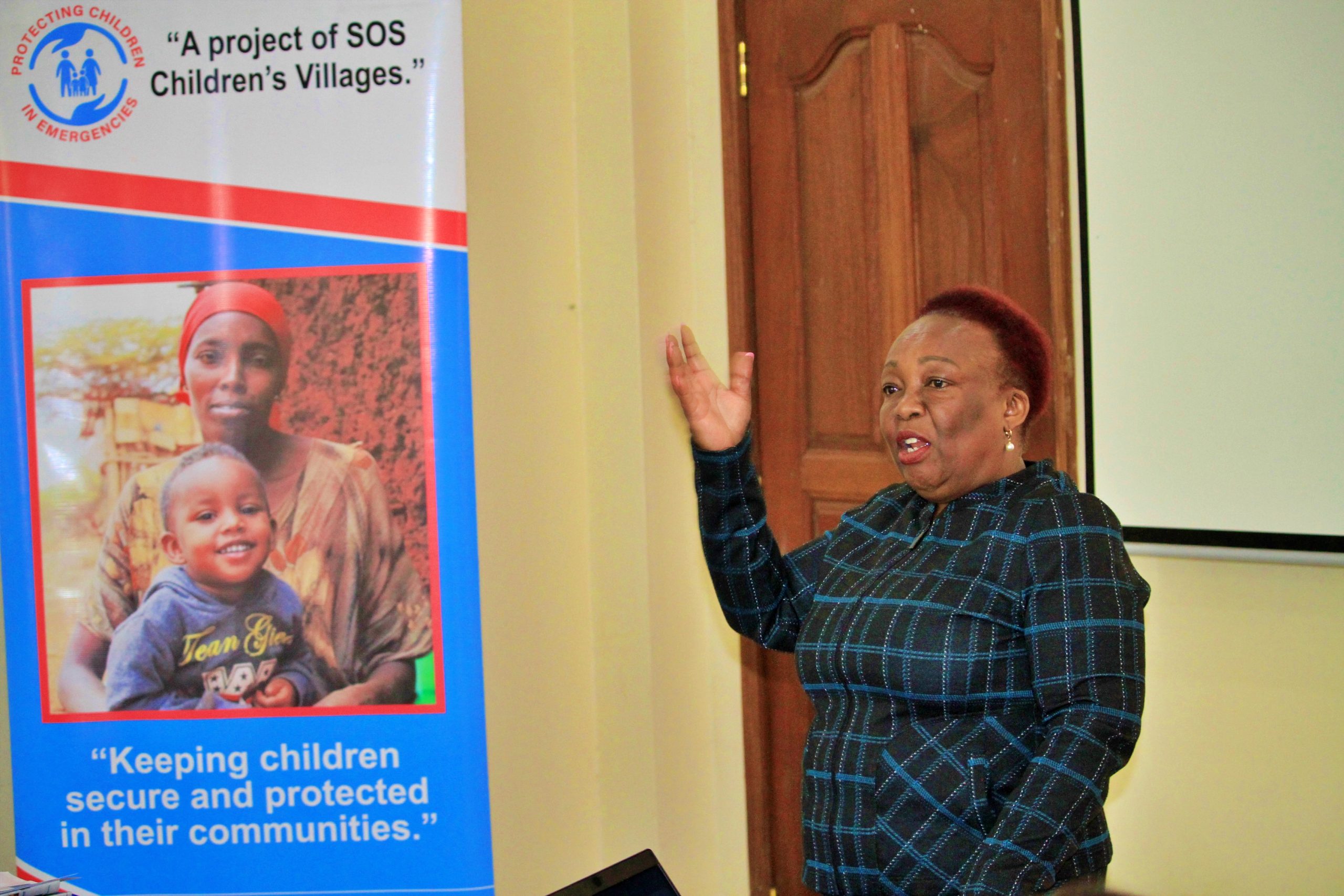Kailemia pledges to partner with SOS, stakeholders in fight for children’s rights

Meru County Woman Representative Elizabeth Kailemia has pledged to partner with Non-governmental organizations and various stakeholders in a bid to achieve combined efforts in protecting children and curbing early teenage pregnancies in the County.
Speaking during a stakeholders meeting organized by Kenya’s largest private child welfare organization, SOS Children’s Villages, Ms Kailemia surging cases of teen pregnancies in Meru County.
The Woman Rep mentioned gender-based violence, child marriage, poverty, female circumcision and sexual violence as some of the major drivers of the increasing teenage pregnancies.
“I have kickstarted the fight against early teenage pregnancies in the Igembe region which is the most affected region and this fight will spread to other regions. The cases are very high in Igembe because there are young boys who engage in the miraa trade and lure vulnerable girls into sex since they have money. Our sensitization campaigns are also targeting these young men and I will be happy to partner with various organizations and stakeholders,” Kailemia said.
She further revealed that many cases of child rights violations in the County go unreported, hindering the prosecution of perpetrators.
According to a recent survey, 10 out of the 45 wards of Meru County account for 53 percent of all adolescent pregnancies reported in 2022 with Igembe region leading in the list.
According to SOS, the Meru region has large regional variations when it comes to the availability of infrastructure, health services, and education. SOS also claims that the lives of thousands of children have been affected by HIV/AIDS.
A 2008 survey conducted by the Kenya National Bureau of Statistics showed that around 82 percent of children in the region experience psychological or physical punishment in the home. In the same survey, 68 percent of women stated that they believed it justified for a husband to beat his wife, for example, if she goes out without telling him, refuses to have sex, or burns the food. Around 25 percent of households have to travel one hour or more to collect water, and in 68.5 percent of cases, this is the woman’s job.





